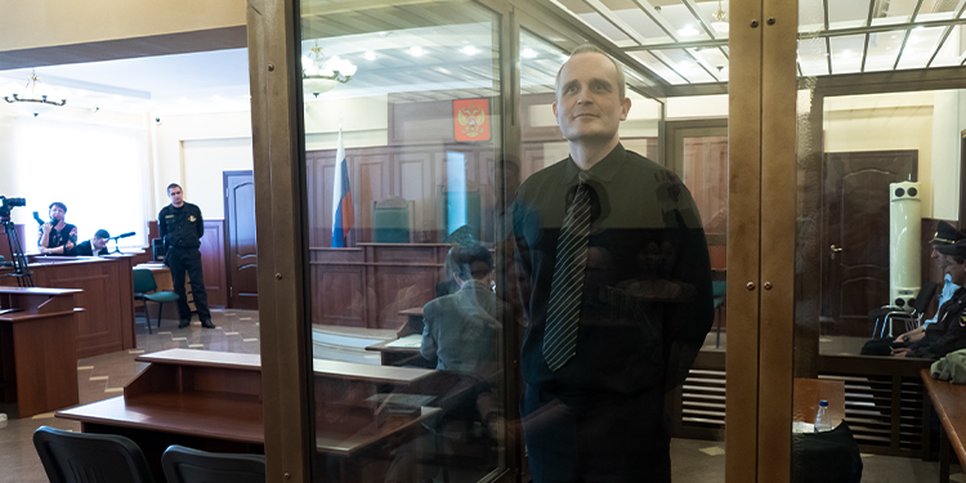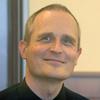What has changed in the religious life of Russia after the verdict of Dennis Christensen?
Oryol RegionThe real boom in arrests for faith began after a court sentenced a Jehovah's Witness to imprisonment for the first time in modern Russia. The verdict was handed down by the Oryol District Court on February 6, 2019. Over the next 3 months, similar cases were initiated in 25 cities of Russia (20 regions of Russia), 74 believers became accused or suspected, of which 28 were sent to jail (some later had their preventive measures mitigated). 141 families of believers were searched in their homes. At least 7 believers complained of torture, including with the use of electric shocks.
Arrests, searches and interrogations over the past 3 months took place in the following chronological order:
- 6 February: Saransk, Urai (Khanty-Mansi Autonomous Okrug), Berezovsky (Kemerovo Oblast);
- 15 February: Surgut (Khanty-Mansi Autonomous Okrug);
- 19 February: Arkhangelsk;
- February 25: Kurilsk (Sakhalin region);
- February 27: Ulyanovsk;
- February 28: Nefteyugansk (Khanty-Mansi Autonomous Okrug);
- March 13: Severodvinsk (Arkhangelsk region);
- March 17: Luchegorsk (Primorsky Territory);
- March 20: Magadan, Yalta (Crimea);
- March 21: Zeya (Amur Region);
- March 26: Kirov, Chelyabinsk;
- April 3: Porkhov (Pskov region);
- April 10: Abakan;
- April 16: Karpinsk (Sverdlovsk region);
- April 19: Minusinsk (Krasnoyarsk Territory), Sharypovo (Krasnoyarsk Territory), Partizansk (Primorsky Territory), Novosibirsk;
- April 22: Inozemtsevo (Stavropol region);
- April 25: Smolensk;
- April 29: Dagomys (Krasnodar region).
"The verdict against Dennis Christensen caused an international outcry and drew attention to the groundlessness of the brutal persecution of Jehovah's Witnesses by the state," notes Yaroslav Sivulsky of the European Association of Jehovah's Witnesses. However, our believers are as far from extremism as heaven is from earth."
Meanwhile, the raids continue. On May 8, 2019, about 5 new searches in the homes of Jehovah's Witnesses took place in Omsk. The total number of Russians prosecuted for their faith is 188.
Law enforcers mistakenly mistake citizens' religion for participation in the activities of an extremist organization. Prominent public figures of Russia, the Human Rights Council under the President of the Russian Federation, the President of the Russian Federation, as well as international organizations - the European Union External Action Service, observers of the Parliamentary Assembly of the Council of Europe, the Office of the UN High Commissioner for Human Rights - drew attention to this problem. Jehovah's Witnesses have nothing to do with extremism and insist on their complete innocence. The Russian government has repeatedly stated that the decisions of the Russian courts on the liquidation and prohibition of organizations of Jehovah's Witnesses "do not assess the doctrine of Jehovah's Witnesses, do not contain a restriction or prohibition to practice the above teachings individually."

